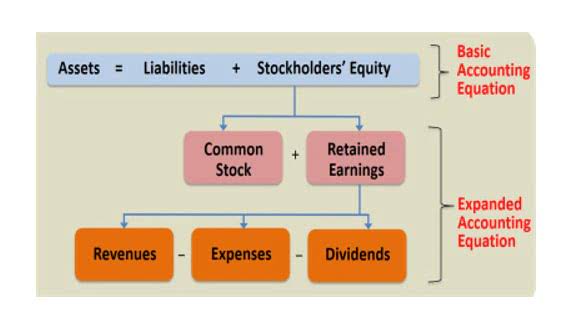
For businesses and individuals alike, outstanding checks can introduce uncertainty into cash flow management. These checks represent funds subtracted on paper but not physically withdrawn. Consider a scenario where you write a check to pay for a service. As a result, the company’s bank balance will show a more excellent balance than its actual amount of cash in hand. However, by the end of the month, the landlord still needs contribution margin to deposit the check. When Sarah receives her bank statement, it shows a balance of $5,000, but her accounting records indicate a balance of $4,200, taking into account the outstanding rent check.
“Outstanding Checks” also found in:

Avoiding outstanding checks involves communication with your payees, prompt tracking, and considering alternate methods of payment like digital transfers. Implementing these strategies can greatly reduce the risk to cash flow stability posed by outstanding checks, keeping financial management on an outstanding check is one that track and reliable. If you forget about the outstanding check and spend money based on the present bank balance, it can lead to financial miscalculations.

Example of an Outstanding Check in the Bank Reconciliation

This cultural shift towards financial diligence can lead to more consistent monitoring and quicker resolution of outstanding items. First, let’s start with a clear explanation of what outstanding checks actually are. When you write a check to make a payment, it takes time for the recipient to deposit and process the funds. During this processing period, the check is considered an outstanding check. In essence, it is a payment that has been issued but has not yet been cleared by the bank.
Risks of Outstanding Checks

Unaccounted-for outstanding checks can disrupt the delicate balance of incoming and outgoing funds. Once presented to the bank and cleared, the check transforms into obtainable cash. However, it may incur banking charges or take time to cash, establishing it as a monetary instrument that ensures payment after proper due diligence by the bank.

Get up to $300 when you bank with SoFi.
First, know that outstanding checks expire, often after six months, but sometimes as quickly as 30 or 60 days. Knowing how to stop payment on a check is useful as well if you wish to void an outstanding check (more on this below). Business owners know that outstanding checks might take weeks or months to get cashed. Since the bank balance does not yet reflect the check amount, it can present a misleading picture of your actual financial situation. Learn about outstanding checks in finance, including the definition, risks involved, and effective ways to avoid them.